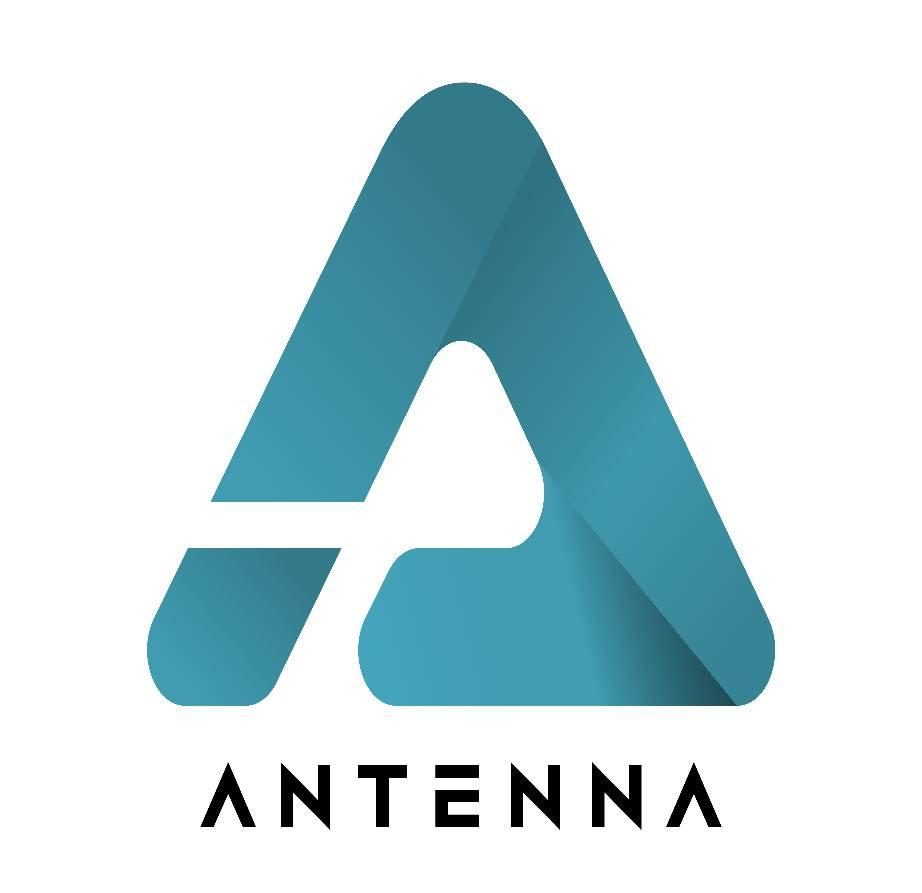Shop Management Software BD
Understanding Shop Management Software in Bangladesh In the rapidly evolving retail landscape of Bangladesh, shop management software has become an essential tool…
Understanding Shop Management Software in Bangladesh
In the rapidly evolving retail landscape of Bangladesh, shop management software has become an essential tool for business owners looking to streamline operations, enhance customer experience, and improve overall efficiency. This blog post delves into the significance of shop management software in Bangladesh, exploring its features, benefits, and the top solutions available in the market.
What is Shop Management Software?
Shop management software is a comprehensive solution designed to assist retailers in managing various aspects of their business. This includes inventory management, sales tracking, billing, and customer relationship management (CRM). By automating these processes, shop management software helps businesses save time, reduce errors, and improve service delivery.
Key Features of Shop Management Software
When considering shop management software for your business in Bangladesh, it is crucial to understand the core features that can enhance your operations:
- Inventory Management: Enables real-time tracking of stock levels and alerts for low inventory, reducing the risk of stockouts.
- Sales Tracking: Monitors sales performance across different periods and channels, providing insights into customer preferences and trends.
- Billing and Invoicing: Simplifies the billing process with automated invoicing features that can integrate with various payment gateways.
- Customer Relationship Management (CRM): Helps maintain customer data and purchase history to facilitate personalized marketing and improved customer service.
- Reporting and Analytics: Generates reports on sales, inventory status, and customer behavior to inform strategic decisions.
Benefits of Using Shop Management Software
Implementing shop management software offers numerous advantages:
- Increased Efficiency: Automating routine tasks allows staff to focus on customer service and sales strategies.
- Enhanced Customer Experience: Quick access to inventory data enables staff to provide better service by answering queries promptly.
- Data-Driven Decisions: Access to real-time data helps businesses make informed decisions regarding inventory purchases and marketing strategies.
- Cost Savings: By optimizing operations and reducing manual errors, businesses can save on operational costs.
Top Shop Management Software Solutions in Bangladesh
Several software solutions cater specifically to the needs of retailers in Bangladesh. Here are some of the leading options:
| Software Name | Key Features | Price Range (BDT) |
|---|---|---|
| Amar Solution | Comprehensive management tools | Starting from 15,000/year |
| ShopUp | Affordable with basic features | Starting from 1,000/month |
| QikServe | Inventory and sales tracking | 5,000 – 20,000/year |
| Till POS | Integrated payment processing | 5,000 – 20,000/year |
| eZee BurrP! | User-friendly interface | 5,000 – 20,000/year |
| Techneo360 | Multi-store management capabilities | Affordable pricing |
| Tally.ERP 9 | Strong accounting integration | Starting from 7,200/year |
| Zoho Inventory | Cloud-based solution with extensive features | Starting from 18,000/year |
Choosing the Right Software for Your Business
Selecting the right shop management software depends on various factors:
- Business Size: Smaller businesses may benefit from more affordable solutions like ShopUp or Techneo360 that offer essential features without overwhelming complexity.
- Budget Considerations: Determine how much you are willing to invest annually or monthly in software solutions.
- Feature Requirements: Assess which features are critical for your operations. For example, if you need robust reporting capabilities or advanced CRM functionalities, ensure your chosen software meets those needs.
Implementation and Integration
Once you have selected the appropriate software for your business:
- Setup: Follow the vendor’s guidelines to install the software correctly.
- Data Importing: Import existing inventory data to ensure continuity.
- Staff Training: Provide training sessions for staff to familiarize them with the new system.
- Integration with Other Tools: Ensure that your shop management software integrates seamlessly with other tools like accounting or e-commerce platforms.


